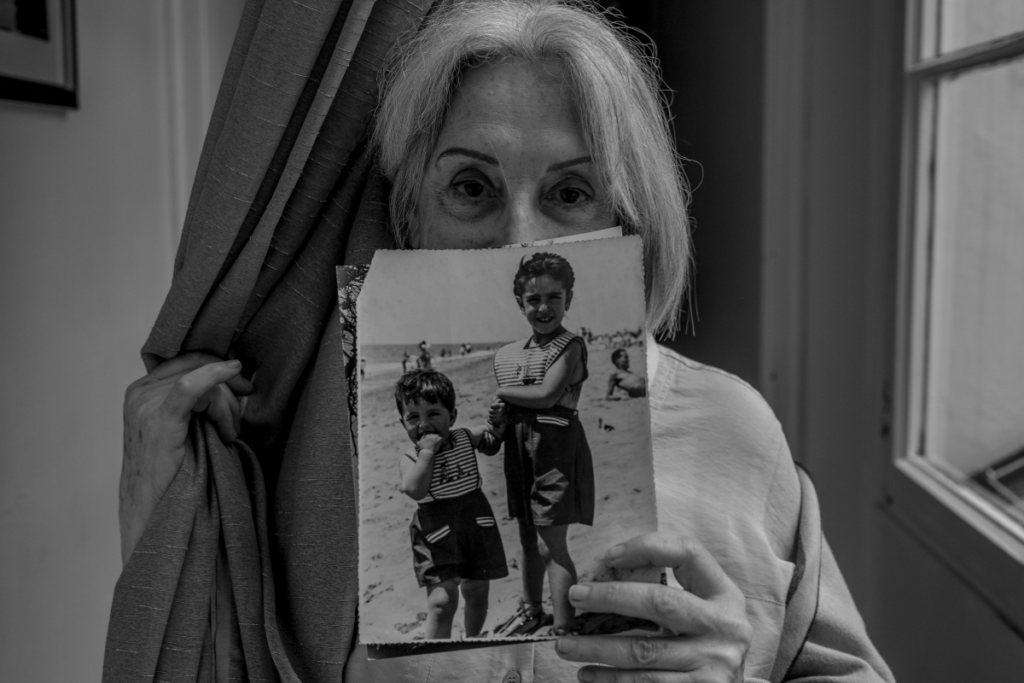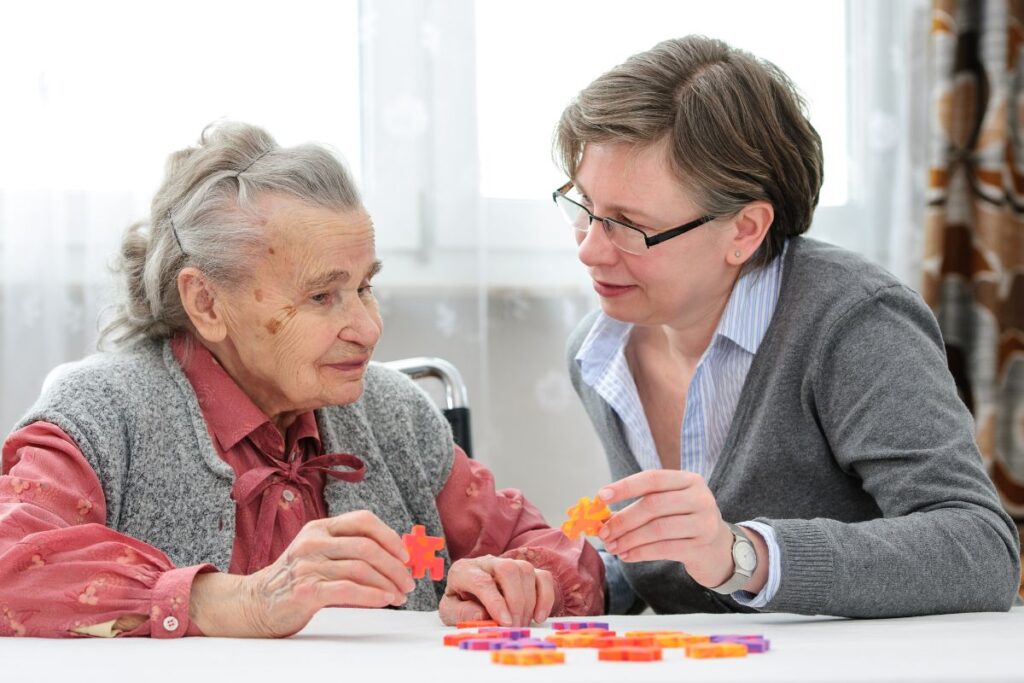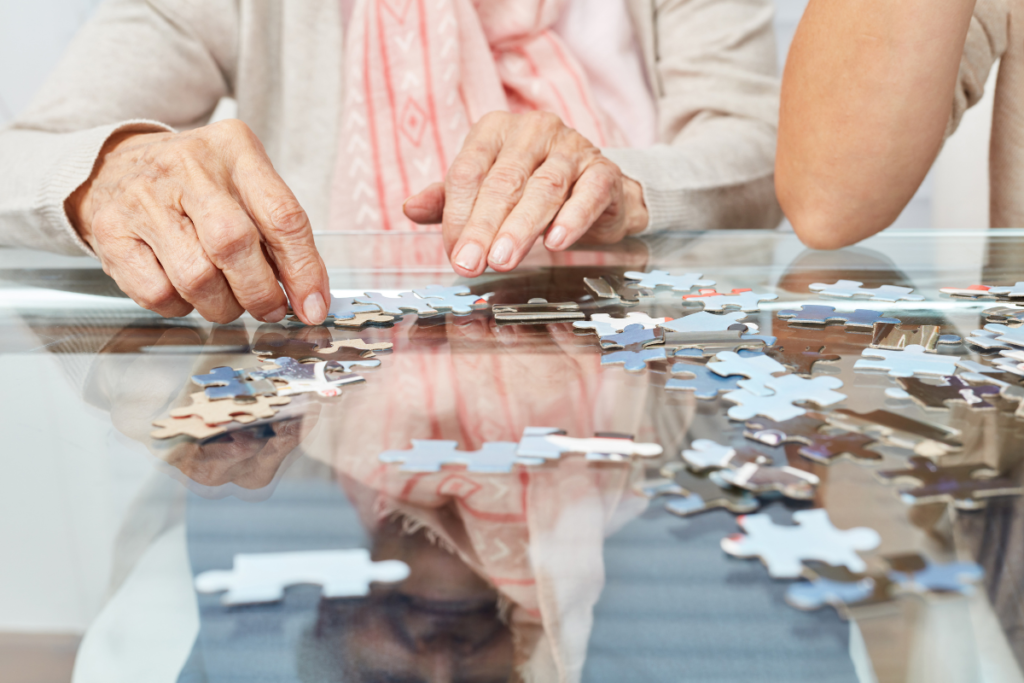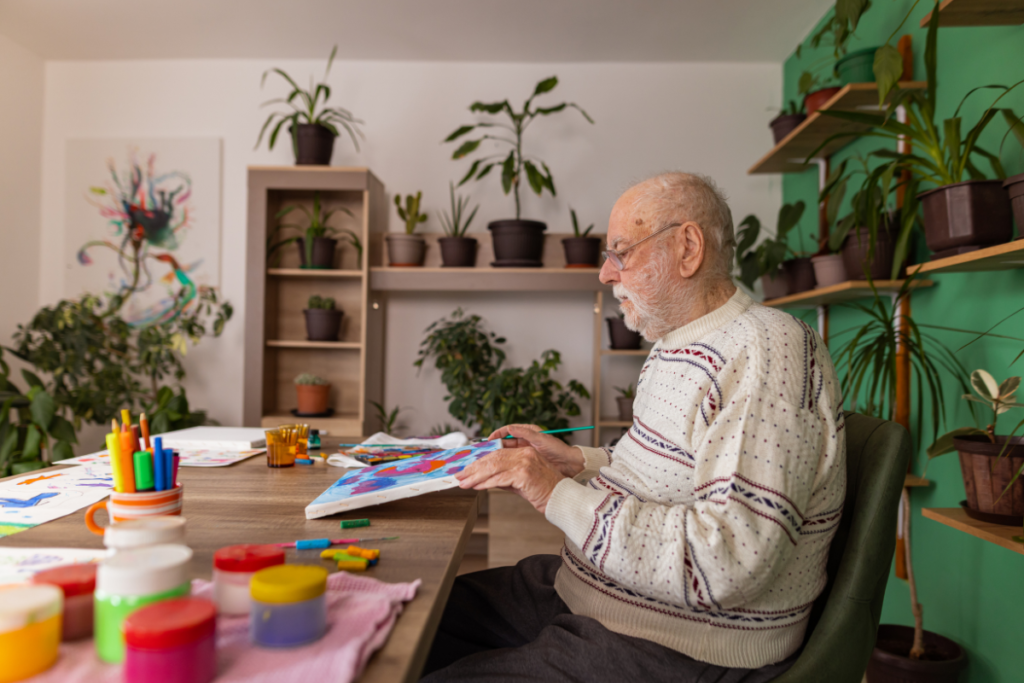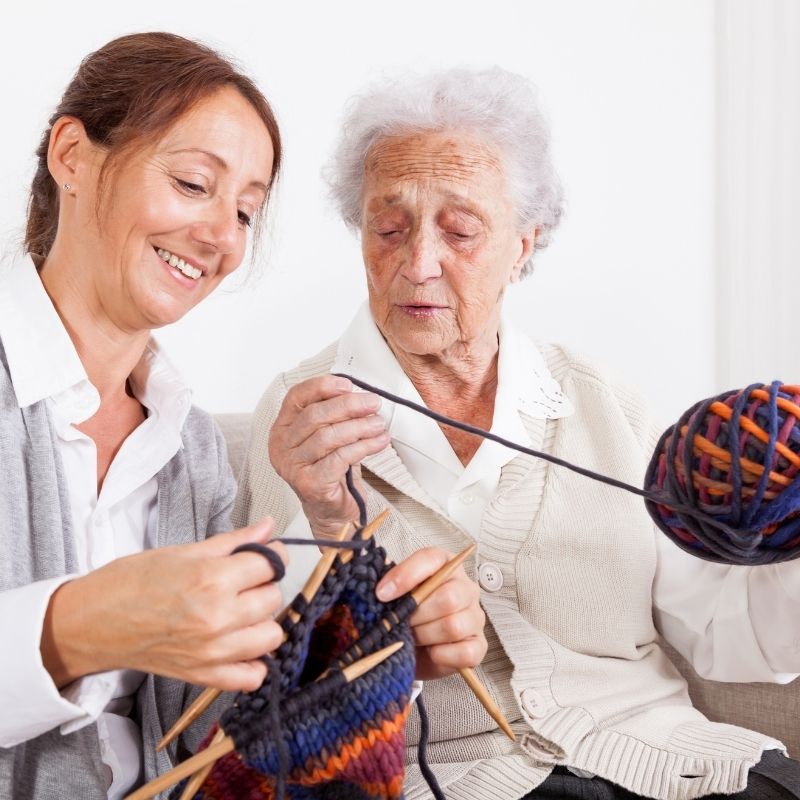It can happen overnight. Or it can creep up gradually over a long period of time. What started as a simple helping hand for your aging loved one doing shopping, laundry, and chauffeuring to doctor’s appointments has now turned into a full-time job. Suddenly, you’re a caregiver.
How do you navigate caregiving 101? We’ve got you covered.
It can be overwhelming, frustrating, and exhausting all at the same time. Whether your parent has had a major health event like a stroke or is suffering from cognitive issues like dementia, it’s important to understand the full scope of caregiving. If you’ve found yourself in this situation, here are some good caregiving 101 tips to act on if you’ve made a commitment to take care of someone else.

Caregiving 101 To-Do List
- Identify yourself as a caregiver.
- Get a good diagnosis—from a specialist or geriatrician if necessary—of your loved one’s health condition.
- Learn what specific skills you might need to care for someone with this diagnosis. For example, caring for someone with dementia is much different than dealing with the challenges associated with a stroke, broken hip, or other physical ailments.
- Talk about finances and healthcare wishes.
- Complete legal paperwork, e.g., Powers of Attorney, Advance Directives
- Bring family and friends together to discuss care.
- Keep them up to date on the current situation.
- Identify personal and community resources to provide your senior loved one and yourself the services and support you need to navigate this journey successfully.
- Remember, you are not alone and need to tap into others who can help share
this responsibility with you.
For many caregivers, this isn’t their only job. Often, they have a professional daytime career as well. They might have children or grandchildren that they care for as well.
That’s why self-care is critical to mitigating fatigue, stress, depression, and the other side effects of too much caregiving. Remember, it’s one thing to gear up for a short-term health crisis with your aging loved one, but it takes another level of energy and tenacity to provide care over a longer period.
So, here are ways to be a successful caregiver by making it a top priority to care for yourself, too, along the way.

Caring for the Caregiver 101
- Set realistic expectations—for yourself and your loved one
- Learn about the disease and what you can expect
- Learn the skills you need to care for the care receiver and which ones you are or are not able to perform
- Learn to say “no” to things you cannot do
- Learn to accept help from others
- Build resilience
- Identify your button-pushers/stressors
- Identify your coping skills
- Remember the big three for successful coping:
- Eat right—good nutrition as opposed to stress-snacking. Limit alcohol and other drugs
- Exercise—it may be hard to find time but it’s the best cure for depression and increases your endorphins (“good” coping hormones)
- Sleep—7-8 hours is hard to get but essential. Admit when you are experiencing burnout and get help
Most importantly, remember that taking care of yourself is as important as taking care of someone else.
A great place to get the support you need is by letting us help you. Senior Resource Connectors is here to provide trusted resources for all of you caregivers out there. Promise. We’ve got your back.
Contact Senior Resource Connectors
Your roadmap for determining the best care plan for your senior loved one in Arizona – at any age or stage. View our business directory, or connect with us below.



